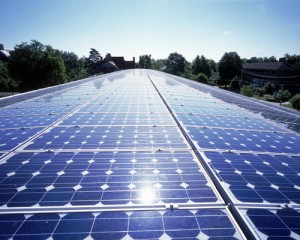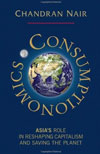 Chris Laidlaw interviewed the new Director of the British Antarctic Survey, Professor Jane Francis, in his Sunday Morning programme on National Radio in the weekend. I thought the discussion worth drawing attention to as an exemplar of the kind of thoughtful interviewing climate science deserves but only occasionally receives. The listening public also deserves such interviews from the media if it is to understand the weight of the scientific consensus on climate change. Respect is due to Laidlaw’s understanding of the basic thrust of climate change and its implications, making him well equipped to elicit from Professor Francis a very clear account of her work on Antarctic forest fossils and more generally on the threatened sea level rise from melting in the West Antarctic Ice Sheet.
Chris Laidlaw interviewed the new Director of the British Antarctic Survey, Professor Jane Francis, in his Sunday Morning programme on National Radio in the weekend. I thought the discussion worth drawing attention to as an exemplar of the kind of thoughtful interviewing climate science deserves but only occasionally receives. The listening public also deserves such interviews from the media if it is to understand the weight of the scientific consensus on climate change. Respect is due to Laidlaw’s understanding of the basic thrust of climate change and its implications, making him well equipped to elicit from Professor Francis a very clear account of her work on Antarctic forest fossils and more generally on the threatened sea level rise from melting in the West Antarctic Ice Sheet.
Francis has a fascinating story to tell of her work on fossil plants in the Antarctic and the evidence from the fossils that the continent some 100 million years ago was forested in a period when the globe was in a warm period sufficient to melt polar ice. She discussed with Laidlaw the ways in which trees probably coped with the months of cold but not freezing darkness each year by moving into a kind of dormancy.
Continue reading “Sunday morning Antarctica, and the future of transport”

 Welcome to the eleventh post in the Sustainable Energy without the Hot Air – A New Zealand Perspective series. After our previous posts on
Welcome to the eleventh post in the Sustainable Energy without the Hot Air – A New Zealand Perspective series. After our previous posts on  A new
A new 